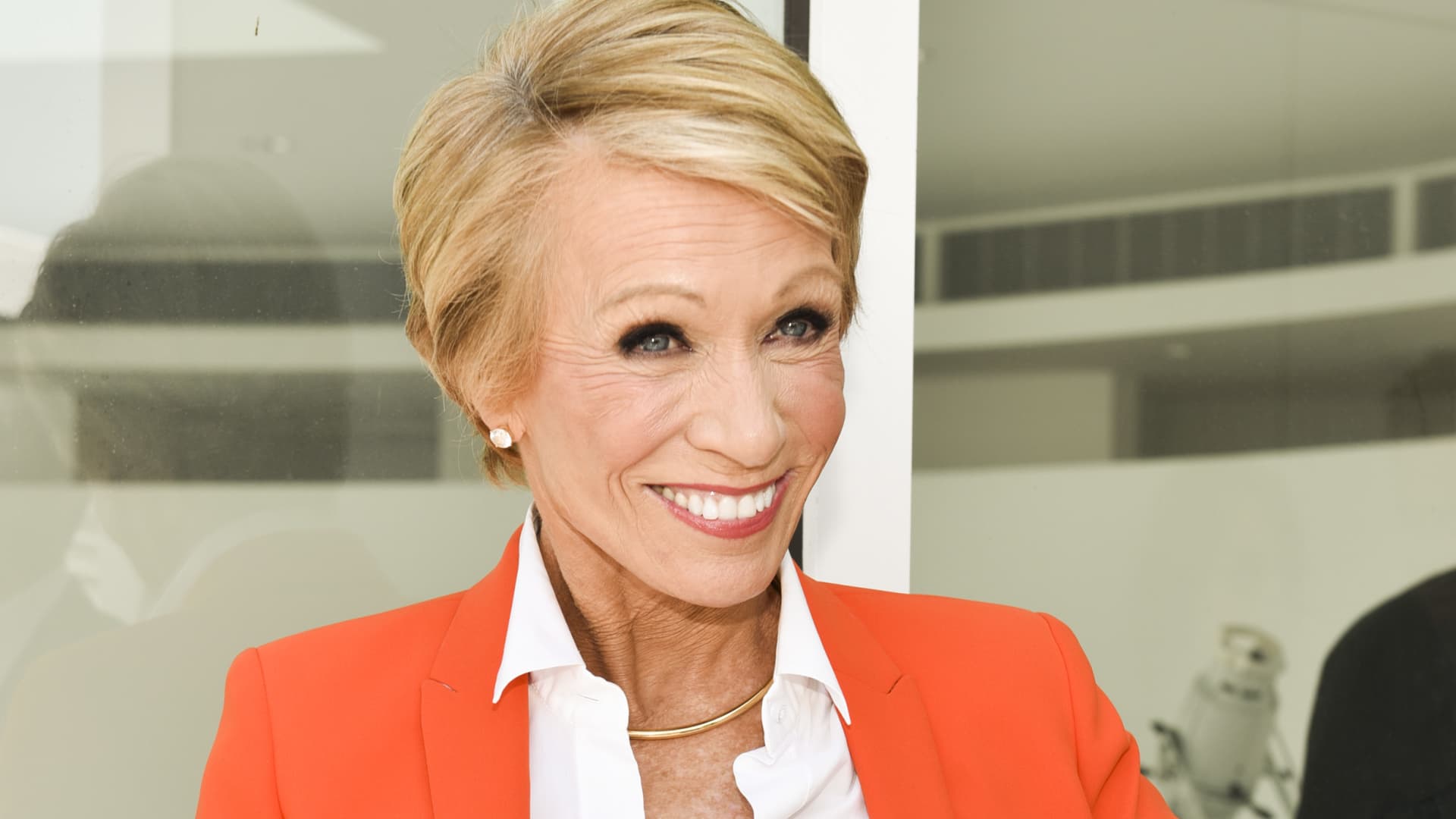Barbara Corcoran is often wowed by pitches on ABC’s “Shark Tank, but impressive products or services aren’t enough to get her to invest.
Instead, Corcoran likes to “buy the entrepreneur,” she said on a recent episode of Barstool’s “Chicks in the Office” podcast. That means analyzing the contestant’s personality — regardless of what they’re selling — and using a “feeling in my gut” to decide whether she’ll make an offer, she said.
“I’m always looking for the same trait, the No. 1 trait,” Corcoran, 74, said. “I’m looking for ambition. Someone who envisions where they’re going, and I fall for it when they tell me they’re going there.”
Corcoran has offered “Shark Tank” contestants a lot of money using this approach: more than $16 million, according to one online estimate from November. (Deals on the show aren’t always completed after the fact, meaning Corcoran’s actual investment figure could be lower.)
Roughly one in 10 of Corcoran’s investments on the show actually earn a profit, she said.
“I’ve invested in 150 businesses, and I’ve made money on about 10%,” Corcoran said, adding with a laugh: “The minute someone’s opening their mouth, I feel like I’ve got a 90% chance of losing another $100,000 here.”
It’s not uncommon for startup investors to spread money across a handful of promising companies, betting that a couple successes will cover the rest of the group’s losses.
“You make 10 investments, you get two to three huge hits, and it pays for the other seven [failed investments],” Corcoran’s “Shark Tank” co-star Kevin O’Leary told CNBC Make It last year.
Corcoran said she focuses on the person, rather than the business, because many startups struggle to find traction and need to reorient their business models in their early days.
Someone with ambition is more likely to relentlessly pursue whatever model finally takes off, rather than stubbornly sticking to their original plan, she said.
Her co-stars on the show seem to agree.
O’Leary said his money-losing deals typically involve startup founders who can’t “pivot,” noting that “they can’t get out of their own way. They won’t listen to anybody else … they don’t understand [that] the world moves and you have to move with it.”
Mark Cuban also says a minority of his deals on the show pan out: About one in four “have done really well or crushed it,” he told a Denver ABC affiliate last year.
“I’m good with that with my ‘Shark Tank’ companies,” Cuban wrote on Twitter earlier that same year. “I don’t do the show to get the best investments. And I don’t always invest because I think I’ll make money. Sometimes my deals are purely to help someone or send a message.”
Disclosure: CNBC owns the exclusive off-network cable rights to “Shark Tank.”
DON’T MISS: Want to be smarter and more successful with your money, work & life? Sign up for our new newsletter!
Get CNBC’s free report, 11 Ways to Tell if We’re in a Recession, where Kelly Evans reviews the top indicators that a recession is coming or has already begun.
